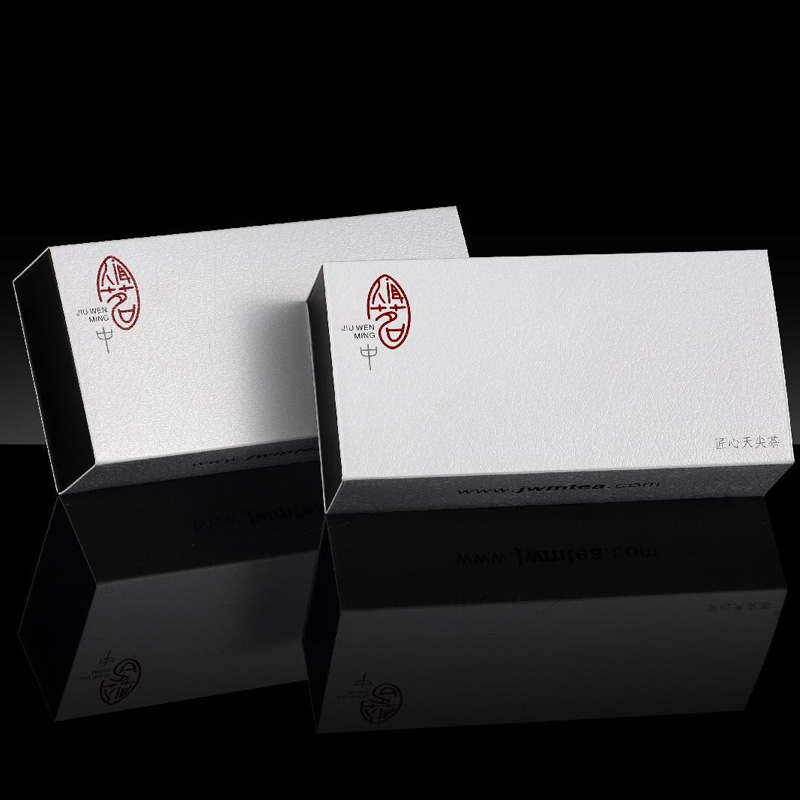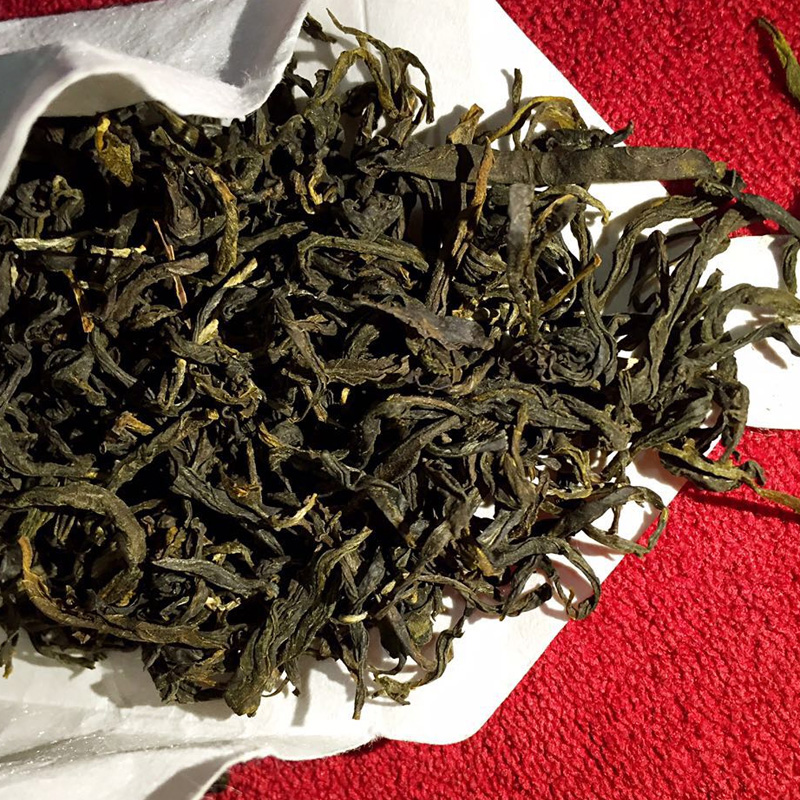Anhua dark tea craftsmanship Tianjian
-
Detail
Nutritional Value of Dark Tea
1. Rich in Antioxidants: Dark tea contains abundant polyphenols (e.g., flavonoids, catechins) with potent antioxidant and anti-inflammatory properties, combating oxidative stress linked to chronic diseases.
2. Amino Acids and Minerals: It provides L-theanine (20–40 mg per cup), which promotes relaxation, and manganese (32% DV per cup), essential for metabolism. Vitamins (B, C, E) and dietary fiber are also present.
3. Blood Sugar Regulation: Polyphenols improve insulin sensitivity and inhibit carbohydrate absorption, aiding blood sugar control.
4. Cardiovascular Support: Flavonoids lower LDL cholesterol and blood pressure, while theobromine enhances heart health.
5. Digestive Benefits: Enhances gut microbiota diversity and exhibits antimicrobial properties, potentially preventing diarrhea.
Brewing Methods for Dark Tea
1. Traditional BrewingTeaware: Use a clay teapot or gaiwan. Warm the vessel with boiling water first.
a. Tea-to-Water Ratio: 1:20 (e.g., 5g tea for 100ml water). Rinse leaves twice with quick pours to remove impurities.
b. Steeping: Pour 100°C water and steep for 2–3 minutes. Adjust time for stronger flavor. Re-steep 5–7 times.
2. Boiling MethodIdeal for aged dark tea or compressed bricks. Use a ratio of 1:40 (15g tea for 600ml water). Boil for 5 minutes, then let rest for richer taste.
3. Thermos SteepingAdd tea leaves to a preheated thermos (1:20 ratio). Pour boiling water, seal, and steep for 1 hour for a mellow brew.
4. Milk Tea or Spiced BrewMix boiled dark tea with milk, honey, or spices like ginger for a creamy or aromatic variation.
Key Notes
● Use high-quality water (spring or filtered) for optimal flavor.
● Store tea in a cool, dry place to preserve its properties.
-
Customer ReviewsNo comments





